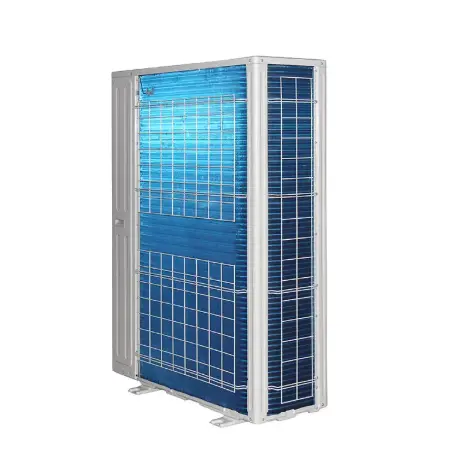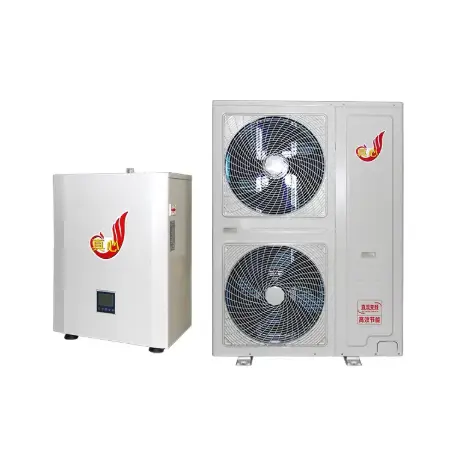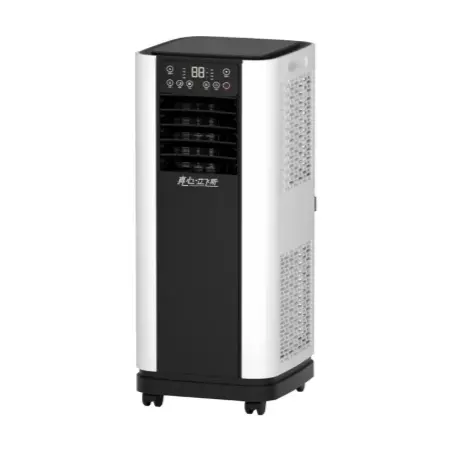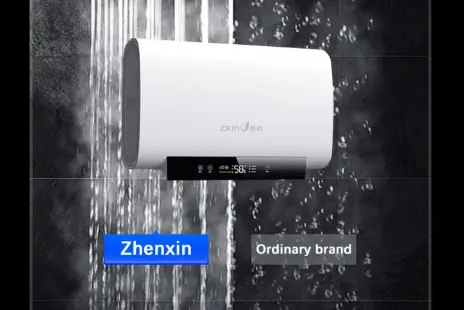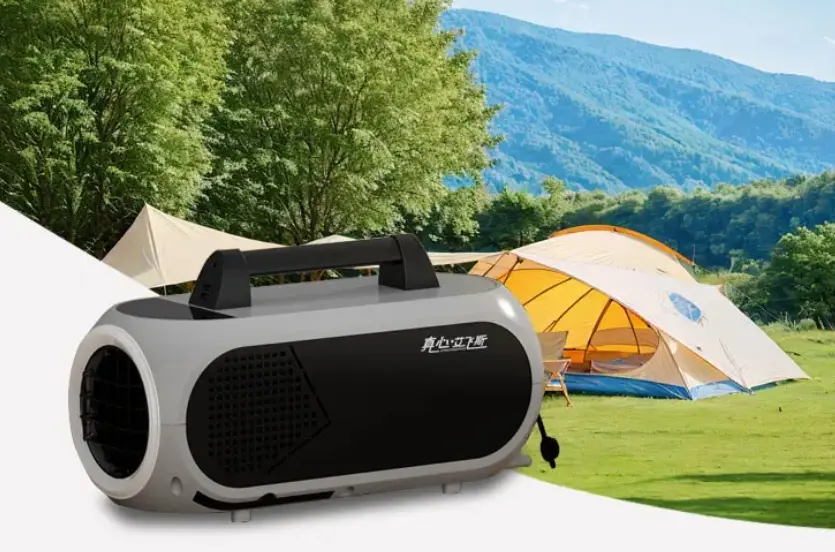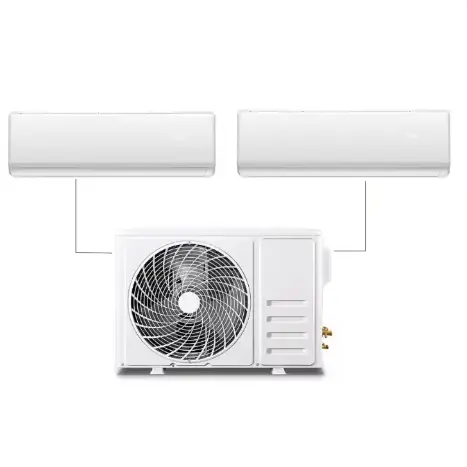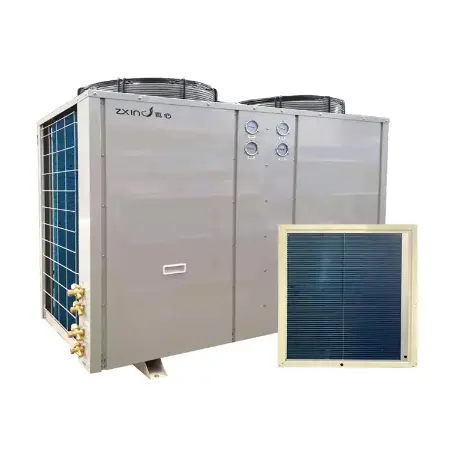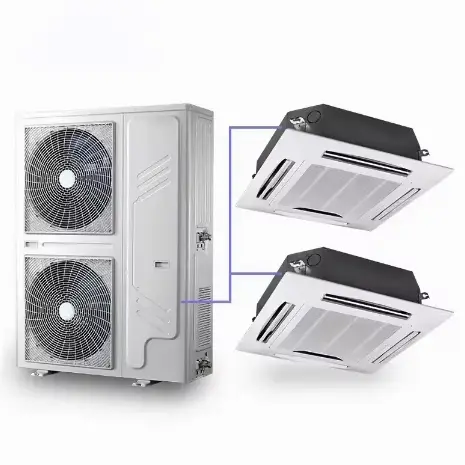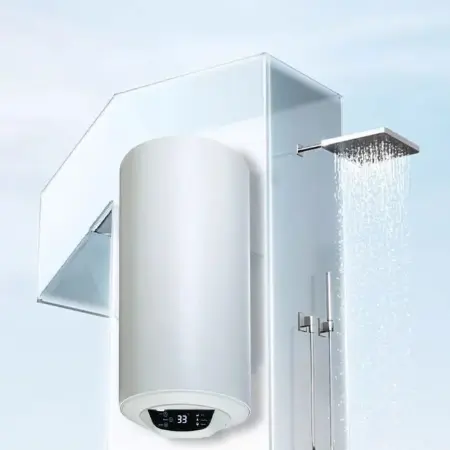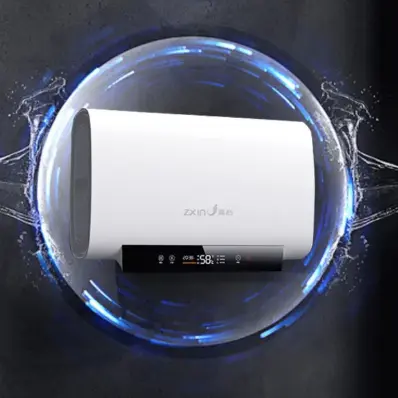How to reduce the energy consumption of electric water heaters
Electric Water Heaters are a necessity in many homes, providing the hot water needed for everyday activities like bathing, cooking, and cleaning. However, they can also be a significant burden on your energy bill. Fortunately, there are effective ways to reduce the energy consumption of your electric water heater without sacrificing comfort. Here are some practical tips to help you save energy and money.
1. Set the right temperature
One of the simplest ways to reduce energy consumption is to adjust the thermostat on your electric water heater. The U.S. Department of Energy recommends setting the temperature to 120 degrees Fahrenheit. This temperature is high enough to meet the water needs of most homes while preventing scalding and reducing energy consumption. By lowering the temperature by just 10 degrees Fahrenheit, you can save up to 5% on your electricity bill.
2. Insulate the water heater and pipes
Insulating your electric water heater and hot water pipes can significantly reduce heat loss, which reduces energy consumption. If your water heater is warm to the touch, you may need insulation. You can purchase a water heater insulation blanket, which is an insulating wrap designed to wrap around your water heater. Also, insulating the first few feet of your hot water pipes will help keep the water warm as it reaches your faucet.
3. Use a timer
Installing a timer on your electric water heater can help you control how long it runs. If you know that your home primarily uses hot water during certain hours, you can set the timer to heat only during those hours. This prevents the water heater from running constantly, which can significantly save energy.
4. Save water
Reducing your hot water usage can directly impact the energy consumption of your electric water heater. Simple changes such as taking shorter showers, fixing leaks, and washing clothes with cold water whenever possible can make a significant difference. Also, consider installing low-flow showerheads and faucets, which can reduce your hot water usage without affecting your water heater’s performance.
5. Regular maintenance
Regular maintenance of your electric water heater can increase its efficiency and lifespan. Flushing the tank at least once a year helps remove sediment that can damage the heating elements and reduce efficiency. Additionally, inspecting the anode rod and replacing it if necessary can prevent corrosion and extend the life of your water heater.
6. Upgrade to a more efficient model
If your electric water heater is old and inefficient, it may be time to consider an upgrade. New water heaters are designed to be more energy efficient and can significantly reduce your energy consumption. Look for water heaters with the Energy Star label, which means they meet strict energy efficiency standards.
7. Consider other hot water options
If you’re looking to save energy in the long term, consider other water heating options, such as Heat Pump water heaters or solar water heaters. While the initial investment may be higher, these systems can provide significant savings on your energy bills.
All in all, reducing your electric water heater’s energy consumption will not only help you save money, but also help the environment. By implementing these strategies, you can minimize your energy consumption while still enjoying hot water. Whether it’s adjusting your thermostat, adding insulation to your water heater, or considering an upgrade, every small change can lead to significant energy savings.


